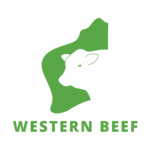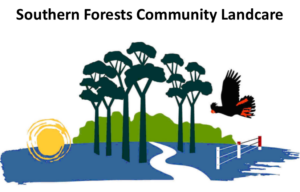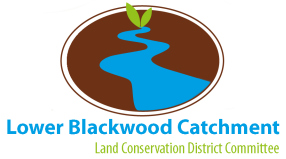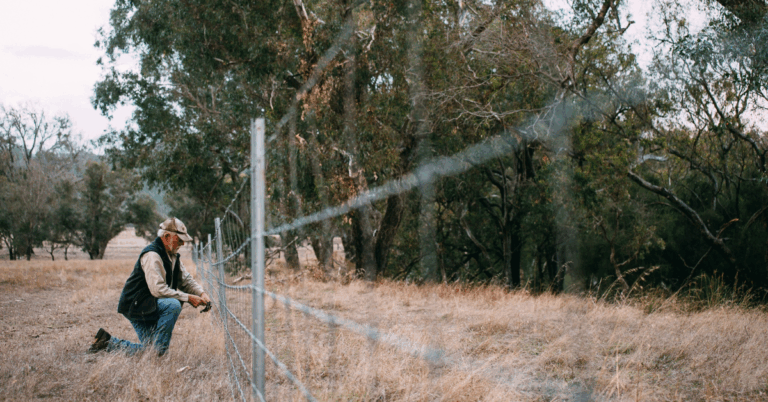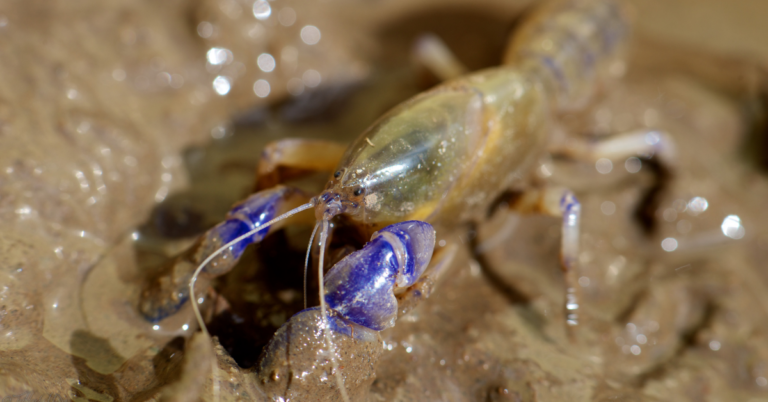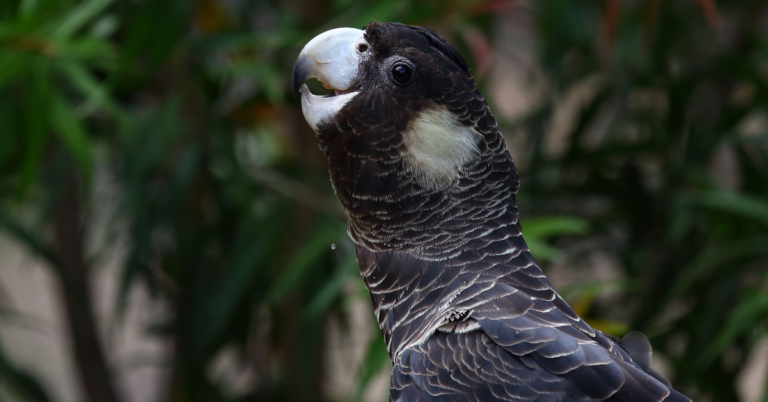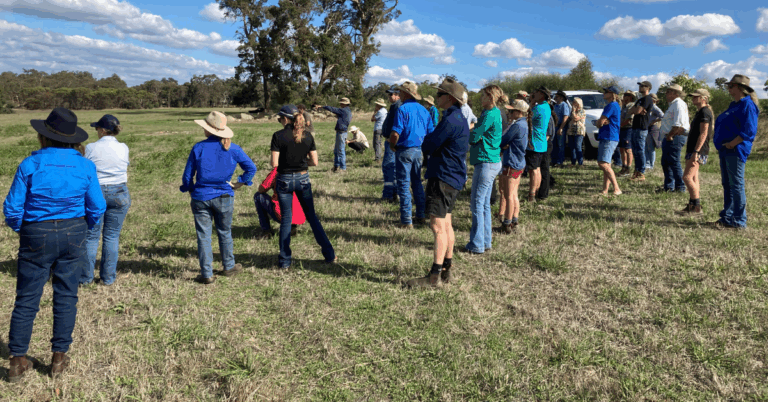
A new 3.5-year project seeking to introduce farmers to strategies for increased efficiencies that will not only build business resilience to climate change, but reduce emissions too.
Programs and activities will be rolled out to farmers with project partners over the next 3.5 years with a particular focus on pasture management techniques, enhancing on-farm biodiversity, food conservation and feed budgeting and improving water security – all contributing to an over-arching theme of reducing emissions.
The why
The United Nations’ Intergovernmental Panel on Climate Change (IPCC) continues to identify the South West of Western Australia as a global drying hotspot.
Drought months are expected to increase by up to 80 per cent in the next 50 years, with less rainfall in winter and spring creating increased water demands.1
Agriculture has been identified as the most vulnerable sector to climate impact and changes in seasonal conditions have already reduced farm profits by an average 23% over the past 20 years.2
Additionally, the Australian Government has legislated an emissions reduction target of 43 per cent below 2005 levels by 2030, and agriculture currently produces approximately 17 per cent of Australia’s net greenhouse gas emissions.3
SOURCES
- South West Drought Resilience Adoption and Innovation Hub.
- National Statement on Climate Change and Agriculture
- Department of Agriculture, Fisheries & Forestry
The what
This project aims to increase efficiencies on farms in the South West of WA to build business resilience to climate change, while reducing emissions.
The project will focus on four themes:
- Increasing the quality of fodder and feed budgeting to meet the challenge of increasing dry seasons and meet production targets with fewer emissions;
- Helping farmers make informed investments for water conservation and capture to maintain water security and quality;
- Increasing knowledge and confidence in adopting more drought resilient perennial forage systems while monitoring the potential impact on soil carbon;
- Enhancing farm dams to support biodiversity by improving habitat and water quality with a potential flow-on effect of reducing methane emissions from dams and driving livestock production. These activities will also raise awareness of, and better position farmers to harness carbon and biodiversity incentives and implement sustainability frameworks.
Please stay tuned to our communications channels for updates as this project progresses. You can sign up to receive our monthly Sustainable Agriculture E-newsletter here.
Project Partners
This project is supported by the Australian Government through funding from the Natural Heritage Trust under the Climate-Smart Agriculture Program and delivered by South West NRM, a member of the Commonwealth Regional Delivery Partners panel.



